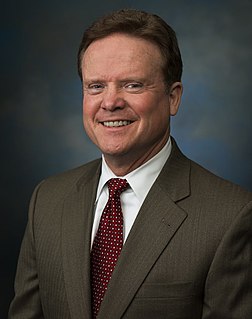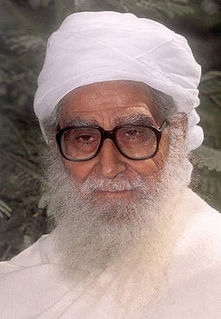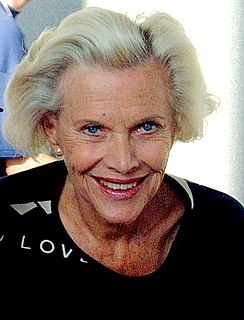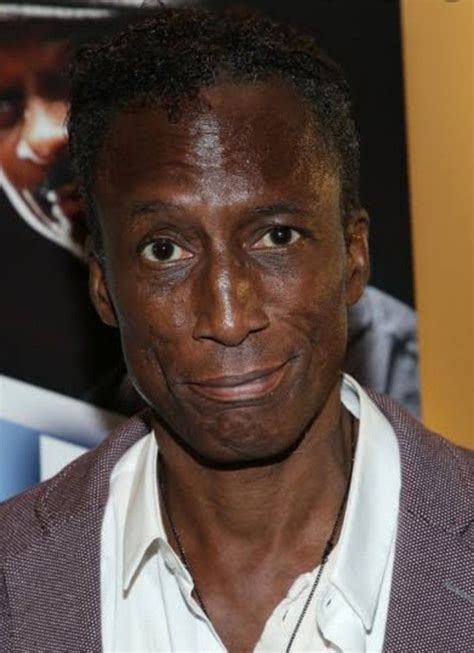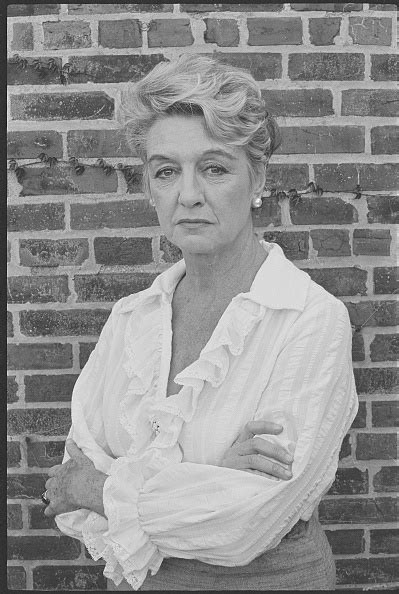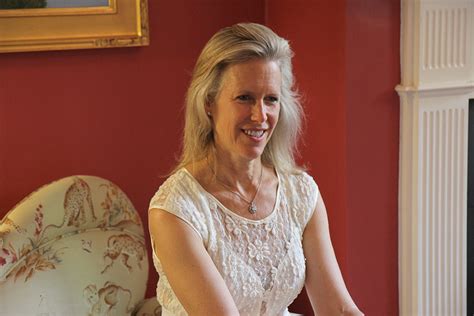A Quote by Salman Rushdie
I think if we wish to live in any kind of a moral universe, we must hold the perpetrators of violence responsible for the violence they perpetrate. It's very simple. The criminal is responsible for the crime.
Related Quotes
I must remind you that starving a child is violence. Suppressing a culture is violence. Neglecting school children is violence. Punishing a mother and her family is violence. Discrimination against a working man is violence. Ghetto housing is violence. Ignoring medical need is violence. Contempt for poverty is violence.
We must realize that violence is not confined to physical violence. Fear is violence, caste discrimination is violence, exploitation of others, however subtle, is violence, segregation is violence, thinking ill of others and condemning others are violence. In order to reduce individual acts of physical violence, we must work to eliminate violence at all levels, mental, verbal, personal, and social, including violence to animals, plants, and all other forms of life.
My approach to violence is that if it's pertinent, if that's the kind of movie you're making, then it has a purposeI think there's a natural system in your own head about how much violence the scene warrants. It's not an intellectual process, it's an instinctive process. I like to think it's not violence for the sake of violence and in this particular film, it's actually violence for the annihilation of violence.
Not all Muslims become involved in acts of violence. Yet all might be held culpable. THis is because that section of Muslim--in fact, the majority--who are not personally involved, neither disown those members of their community who are engaged in violence, nor even condemn them. In such a case, according to the Islamic Shariah itself, if the involved Muslims are directly responsible, the uninvolved Muslims are also indirectly responsible. (p. 91)
Like with all other crime, we must, of course, treat the perpetrators of these actions as the criminals they are. But unlike with the vast majority of other crime, justice is not delivered simply by punishing the perpetrator. This is because the harm associated with domestic violence extends far beyond the point of contact.
Domestic violence can be so easy for people to ignore, as it often happens without any witnesses and it is sometimes easier not to get involved. Yet, by publicly speaking out against domestic violence, together we can challenge attitudes towards violence in the home and show that domestic violence is a crime and not merely unacceptable.
I heard police or ambulancemen, standing in our house, say, 'She must have provoked him,' or, 'Mrs Stewart, it takes two to make a fight.' They had no idea. The truth is my mother did nothing to deserve the violence she endured. She did not provoke my father, and even if she had, violence is an unacceptable way of dealing with conflict. Violence is a choice a man makes and he alone is responsible for it.
I'm so sick of seeing guns in movies, and all this violence; and if there was going to be violence in Pines, I wanted it to actually be narrative violence. I wasn't interested in fetishizing violence in any way of making it feel cool or slow-motion violence. I wanted it to be just violence that affected the story.
Violence never really deals with the basic evil of the situation. Violence may murder the murderer, but it doesn’t murder murder. Violence may murder the liar, but it doesn’t murder lie; it doesn’t establish truth. Violence may even murder the dishonest man, but it doesn’t murder dishonesty. Violence may go to the point of murdering the hater, but it doesn’t murder hate. It may increase hate. It is always a descending spiral leading nowhere. This is the ultimate weakness of violence: It multiplies evil and violence in the universe. It doesn’t solve any problems.




